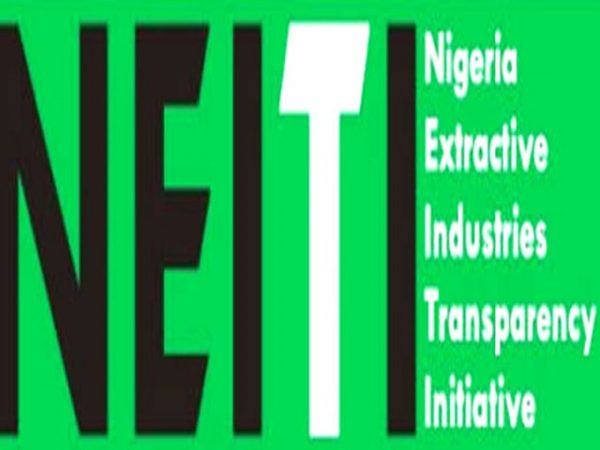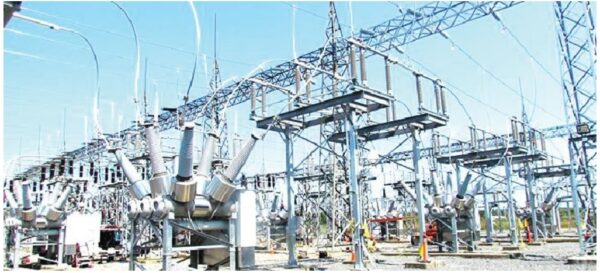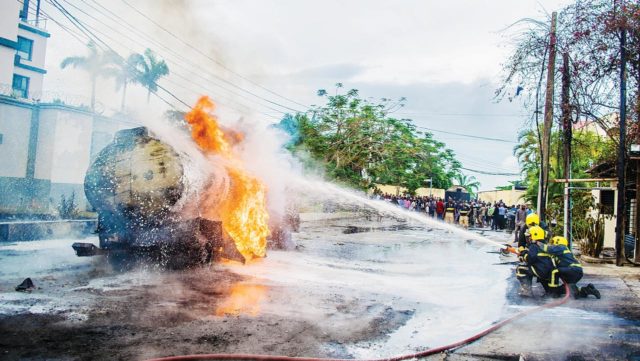Oil Sector, Highest Contributor To Illicit Financial Flows – Report
 Business operators in Nigeria’s oil and gas sector contribute the most to the illicit financial flows recorded annually in Nigeria, a report by the Nigeria Extractive Industries Transparency Initiative and Trust Africa has stated.
Business operators in Nigeria’s oil and gas sector contribute the most to the illicit financial flows recorded annually in Nigeria, a report by the Nigeria Extractive Industries Transparency Initiative and Trust Africa has stated.
It specifically stated that 92.9 per cent of the total amount of illicit financial flows in Nigeria annually were from businesses in the oil and gas sector.
The report which was entitled, ‘Averting Illicit Financial Flows in Nigeria’s Extractive Industry’, and released in Abuja on Tuesday, stated that while it was generally difficult to measure IFFs as a result of their illegality, types of activities and data challenges, it was, however, discovered that the country’s oil sector contributed the most to the illegality on a yearly basis.
The report explained that out of the 92.9 per cent contribution of the sector to IFFs in Nigeria, illegal oil bunkering accounted for about 35 per cent, while commercial transactions by multinationals that dominate the sector contributed more than 60 per cent.
On how the oil companies carried out the illicit financial flows, the NEITI and TA report stated that the firms were found of evading tax and launder funds, adding that the country’s oil sector had remained vulnerable to IFFs due to Nigeria’s economic dependence on the sector.
The report stated that the oil industry was highly influenced and controlled by the political class and had remained technically and structurally complex.
According to NEITI and its partner agency, Nigeria’s reliance on the cash-based economy was another reason why IFFs thrive in the country.
They stated that opportunities for IFFs through fraud and money laundering in Nigeria’s oil industry generally started as administrative control failures by those expected to exercise statutory and regulatory frameworks in the industry.
According to the report, such acts result in high politicization of discretionary powers, inadequate corporate governance, regulatory capture, political interference, conflict of interests, tax evasion and bribery.
It, however, noted that mitigating the risks of criminal activities, increasing scrutiny and accountability of processes and promoting effective demand-side accountability platforms would help check illicit financial flows in Nigeria.







